IGF-1 DES
$184.79
Earn 185 points upon purchasing this product.
We recommend using bacteriostatic water for reconstituting all our peptides to ensure optimal stability and integrity, the peptide's reliability cannot be guaranteed if an alternative reconstitution solution is used.
Product Details- IGF-1 DES for Sale
IGF-1 stands for Insulin-like growth factor. It is a naturally occurring hormone that is secreted by the liver. Its stimulation is subject to a potential signal from growth hormones, secreted by the pituitary gland in the brain.
IGF-1 plays an important role in the body’s growth and development. If growth hormones are compromised, the production of IGF-1 may decrease. Therefore, synthetic versions of IGF-1 may be used.
These synthetic versions include IGF-1 DES and IGF-1 LR3. IGF-1 DES is a peptide and an analog of IGF-1. It consists of a small chain of amino acid molecules, connected by peptide bonds. It is designed to enhance its potential benefits and effectiveness for research subjects. Its benefits may include muscle growth, fat metabolism, and tissue repair in subjects.
Mechanism of Action of IGF-1 DES
The working mechanism of IGF-1 DES is similar to that of its parent peptide i.e. IGF-1. After administering IGF-1 DES, it may bind with IGF-1 receptors in the targeted parts of research subjects. This binding may benefit muscle growth, muscle tissue repair, and bone development.
Properties of IGF-1 (Insulin-Like Growth Factor) DES
- Molecular Formula: C71H119N17O19S
- Synonym: Insulin-like growth factor I (57-70), 123618-03-1, Igf-1 (57-70), Somatomedin C (57-70), DTXSID20154054
- IUPAC Name: L-leucyl-L-alpha-glutamyl-L-methionyl-L-tyrosyl-L-lysyl-L-alanyl-L-prolyl-L-leucyl-L-lysyl-L-prolyl-L-alanyl-L-lysyl-L-seryl-L-alanine
- Molecular weight: 1546.9 g/mol
- CAS Number: 123618-03-1
- PubChem CID: 5748425
- Shelf Life: 36 months
Potential Benefits of IGF1 (Insulin-Like Growth Factor) DES
The potential benefits of IGF-1 DES peptide observed on research subjects are as follows:
Promotes Muscle Growth
Promoting muscle growth is one of the potential benefits of IGF-1 DES peptide. IGF-1 DES has the potential to promote protein synthesis in research subjects. In return, proteins may protect against the breakdown of muscle tissues and improve the formation of new cells. This may lead to potential muscle growth in subjects.
Enhance Fat Metabolism
Added to muscle growth, IGF-1 DES may also enhance fat metabolism in research subjects. This task may indirectly be achieved by increasing lean muscle mass. The increased lean muscle mass requires more energy than other tissues. Such required energy may be provided by stored fats, accelerating fat metabolism in subjects.
Strengthens Bone Density
Bones may be strengthened either through stimulating osteoblast activity or promoting collagen production. Osteoblast cells may help in the development of bones, whereas, collagen proteins may increase mineral deposition in bones. Mineral deposition may potentially strengthen bone density.
Improves Muscle Tissue Recovery
Muscle tissues may be improved in various ways. For instance, IGF-1 DES may potentially enhance protein synthesis, reduce the breaking down of muscle tissues, and increase collagen production. All these activities either directly or indirectly may improve muscle tissue recovery in research subjects.
Why Choose BehemothLabz to Buy IGF-1 DES Online
Buy 99.99% pure and high-quality IGF-1 DES peptide now!
BehemothLabz values its customers by providing third-party tested IGF-1 DES peptides for sale. Our products undergo independent lab testing before launching into the market. Additionally, we provide excellent customer support 24/7 and ensure that every need of our customers is properly addressed.
Most importantly, our IGF-1 DES perfectly matches the industrial standards and requirements of researchers. Along with that, our products can be ordered both from domestic and international places with secure payment methods. We strictly ensure that your transaction information is protected safely.
The combination of all these qualities can be found only at BehemothLabz.
So, purchase our IGF-1 DES online now and begin your journey.
Note: We also offer Humanin and IGF-1 LR3 for sale.
Disclaimer: Our products are only for research and laboratory purposes.
Frequently Asked Questions (FAQs)
What is IGF-1 (Insulin-Like Growth Factor)?
IGF-1 is a short form of Insulin-like growth factor hormone. It is composed of a small chain of amino acid molecules. The liver in the body is responsible for its secretion after a potential signal from the growth hormones. It may benefit tissue growth and fat metabolism.
How is IGF-1 DES different from IGF-1 LR3?
Both IGF-1 DES and IGF-1 LR3 are the modified versions of the IGF-1 hormone. They differ from each other in their half-life, structure, mechanism of action, and potential impacts on research subjects. IGF-1 DES may have less half-life compared to IGF-1 LR3.
What are the side effects of IGF1 DES on research subjects?
The side effects of IGF-1 DES on research subjects may be joint and muscle pain, liver damage, and swelling in the retina. However, the accurate side effects are still being investigated in research subjects.
Does IGF-1 DES increase muscle in research subjects?
Yes, Studies on research subjects suggest that IGF-1 DES may increase muscle growth. This task may be accomplished by promoting muscle through the potential binding of IGF-1 receptors in muscle tissues.
What is the best place to buy IGF-1 DES online?
The best place to buy IGF-1 DES online is BehemothLabz. At BehemothLabz, the products are third-party tested and verified by an independent Lab. Added to that, our products are within your buying range and can be ordered both from domestic and international places.
| Variation | 1mg |
|---|
1st Party COA
3rd Party COA
24 reviews for IGF-1 DES
You must be logged in to post a review.
Related products






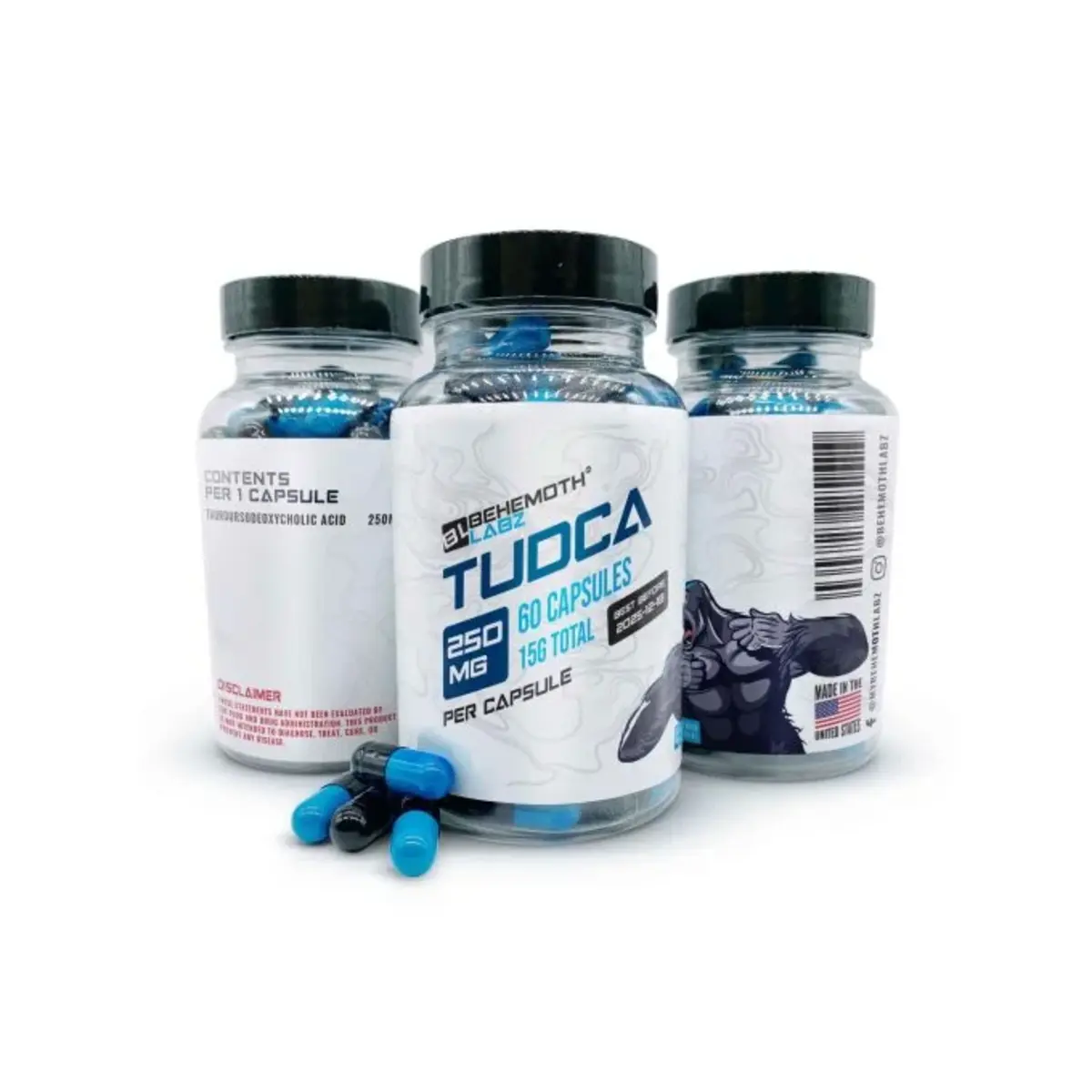


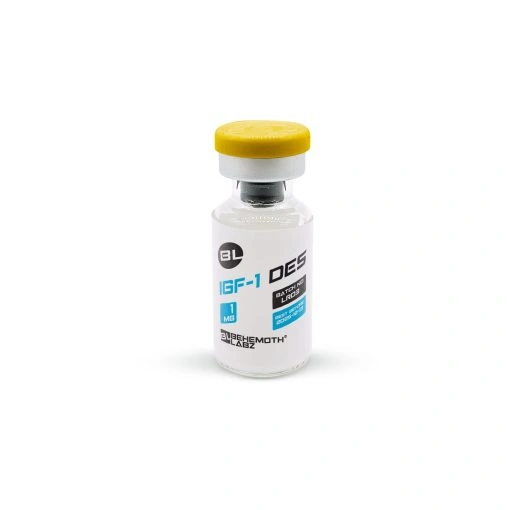
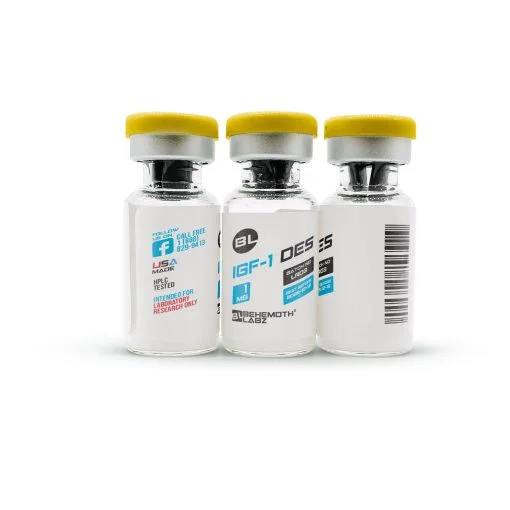
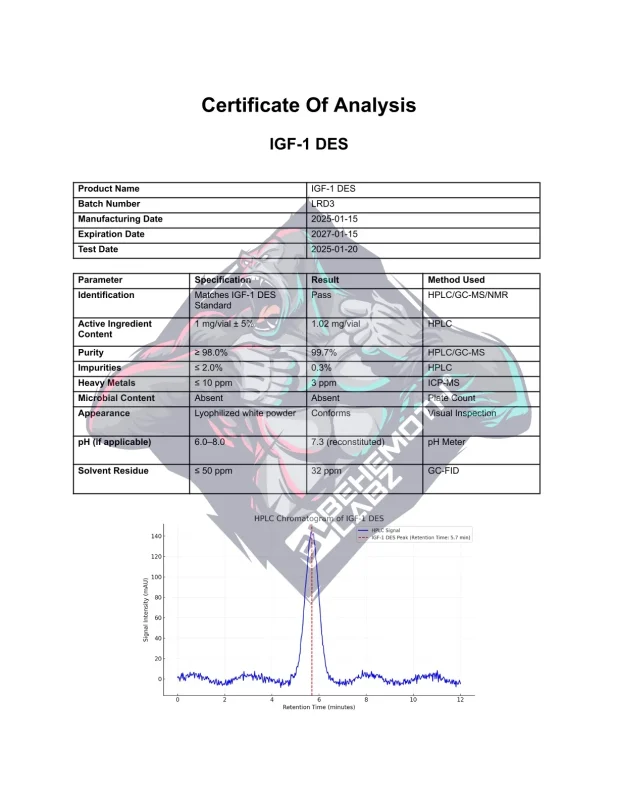
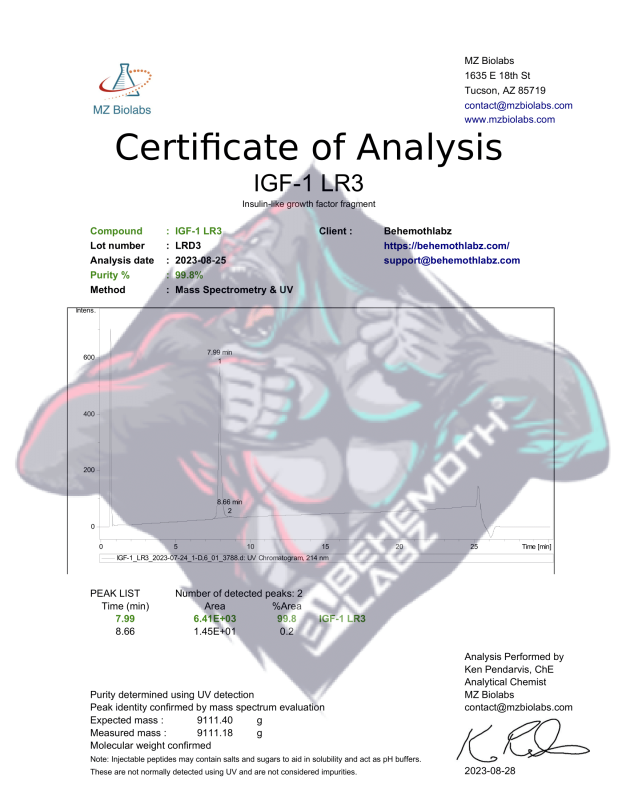
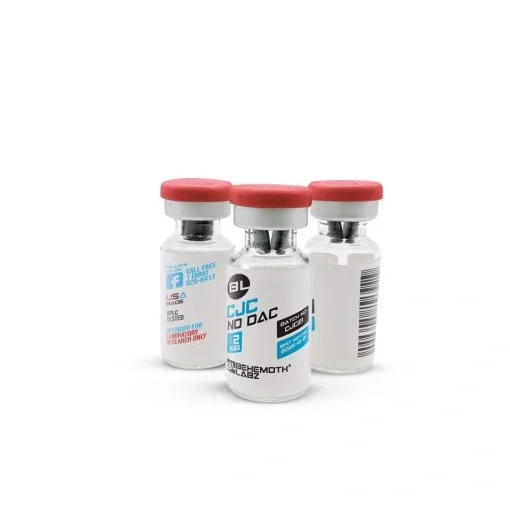
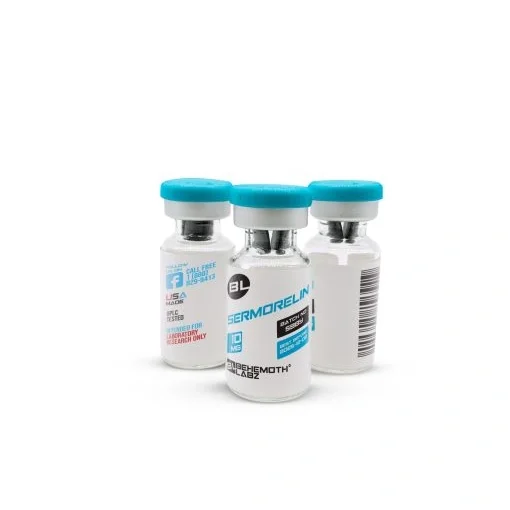
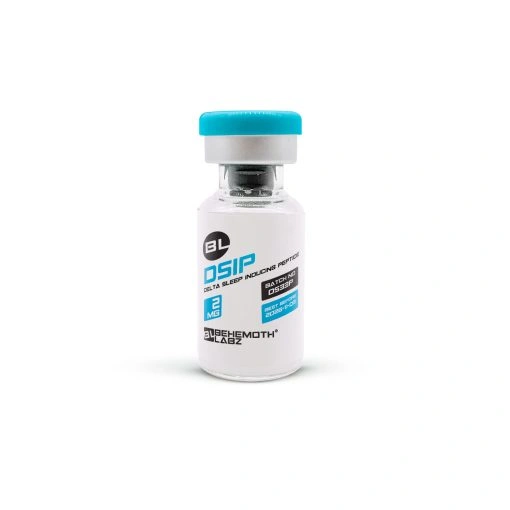
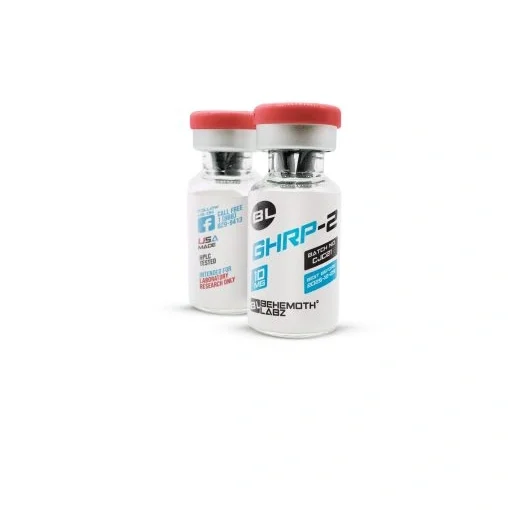

Dale M. Shelton –
Periodically I run 100mcg a day for 4 weeks. As an additive, enhances my cycle. I would recommend. Does not have the fat reduction of HGH. Increases LH and FSH. I also noticed load increase.
Anonymous –
B Thiele –
Every order processed fast, and all of it excellent quality! I recommend this to professional sportsmen.
Israel L –
Jeffrey G –
Phillip –
Dallin Nikolaus –
Excellent customer service. I will order again.
Phizell C –
It works slowly but is very effective. I have no complaints
Anonymous –
Best deal I have found! Products are pure and true. Perfect for research.
Shawn Wright –
Jordan –
Supplying me with the best quality available.
Caspar –
Conor Johnston –
High quality products that are effective, and the customer service is outstanding!
Shawn Stewart –
This is fantastic for Crossfit training.
R. Deckow –
Juan C –
I just started taking this supplement, and I can already see the progress.
S K –
Finn Howe –
IGF1 LR3 DES seem to help, the shipment is quick and easy. I can only recommend behemoth.
George Coleman –
This peptide is the best and is always consistent.
Jonathan –
I am very grateful for this supplement. My performance and gains really improved.
Gerald –
Worth the purchase! This is a must have!
Nick –
Amazing products for the price, I highly recommend this.
Hein –
Total game-changer!
The results have been nothing short of impressive
Emily –
Nice product, Card payment runs smoothly